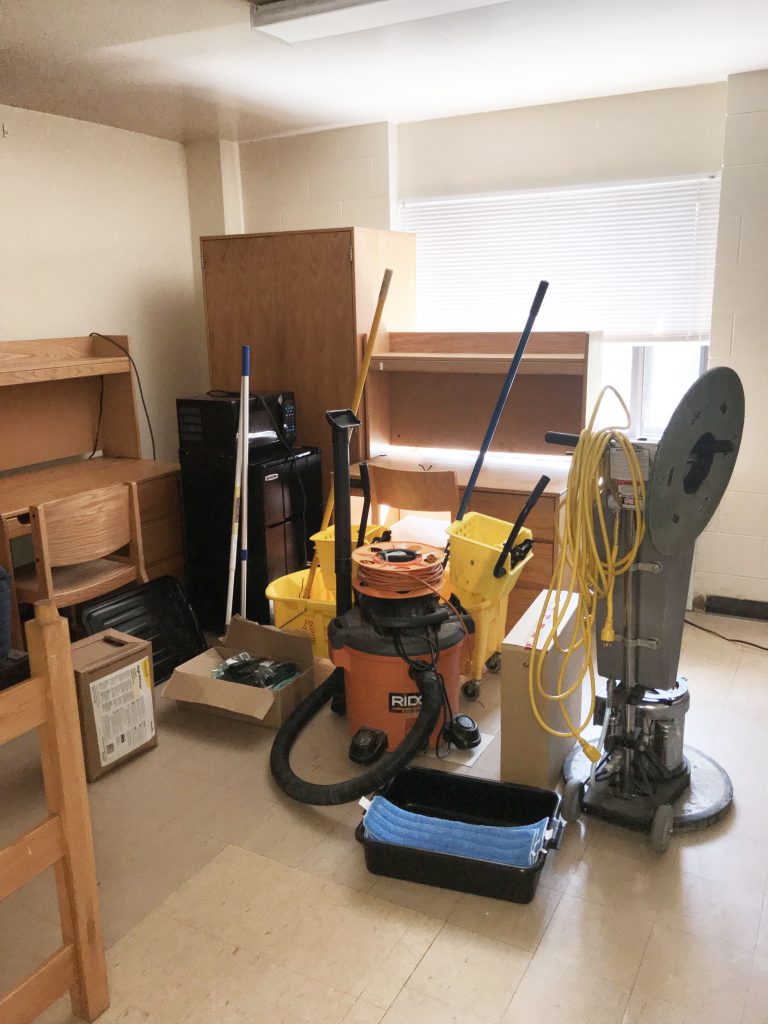Molly Fanney
Staff Writer
When cannabis, also known as marijuana, pot, or weed, was legalized in the state of Colorado last November, new tax legislation had to be created to regulate the recreational cannabis industry. When the law was finally put to work on Jan. 1, 2014, and people began to buy and sell the product, the state raked in more than $2 million from taxes on non-medical marijuana, adding up to a total of $3.5 million when including medical marijuana. Economists disagree over whether this new situation spells financial splendor for the state, or if the complex variables involved in legalizing a controlled substance will prevent the herb from making serious profit for Colorado.
Since only 37 dispensaries were open in the entire state during the first week of the new year, the rest of the country was stunned that Colorado managed to sell $5 million worth of marijuana in only seven days. Colorado’s Director of Finance Barbara Brohl said, “The first month of sales for recreational marijuana fell in line with expectations,” according to the Huffington Post, a news website. That expected amount of revenue came out to $14 million.
In November 2013, two tax levies were approved by voters: a 10 percent special sales tax and a 15 percent excise tax. There are also application and license fees for those over 21 years old who want to legally purchase marijuana. This initial surge in sales has tapered off, but economists project that Colorado’s sales will stay at a level of consistent growth, since there are now more than 150 recreational dispensaries in business. Recreational marijuana was also legalized in Washington state, but is not predicted to be sold until summer.
Those with a long-standing belief in the legalization of pot agree that regulated sale of the plant would drive down production costs and retail prices. According to Bloomberg, a financial news website, it is projected that the availability of “cheaper, legal cannabis would generate precious tax revenue and refocus drug enforcement efforts on more socially harmful narcotics such as cocaine, heroin, and crystal meth.”
Destiny Barnes is a sophomore and a business major. She wants to be an accountant after she graduates. “When it comes to commodities, it is historically cheaper to produce them when you are able to grow them outdoors. Legalization could cause a serious plummet in production costs.”
A huge road block for high tax revenue will be the fact that Colorado is currently the only state selling recreational pot, and is one of less than half of the states that have legalized medical weed. Other factors such as state tax policies and the shifting behavior of buyers and sellers could also cause revenue to be lower than expected. At $400, the price for an ounce of commercial-grade pot is more than double the price for medical-grade.
“This market is fairly new; there are only so many shops that have opened since January. Also, people who believe in legalized marijuana have been waiting for a very long time to buy it legally. The inflated prices are likely to change,” said Barnes.
People are also more likely to pay more for a higher-quality product. At dispensaries, smokers are able to choose from hundreds of variations of marijuana that have different levels of medical qualities and cause different kinds of highs.
An anonymous source said, “That’s how it is here, buying off the black market. I would pay way more any day for a better-quality bud because it seriously makes a difference in your experience. I personally use it for anxiety and stress and sometimes just for fun with my friends, so I would be willing to throw in a little more cash if I could buy a strand that specifically helped with anxiety.”
Today, 20 states in the U.S. have legalized medical cannabis. Florida is voting to legalize it in November, and New York and Georgia are currently considering its legalization. At the beginning of March, the District of Columbia officially decriminalized the possession of small amounts of weed. Oregon and Alaska, on the other hand, are expected to follow the trend of Colorado and Washington, and will have cannabis legalization on the ballot in 2014. This increase of loosening legislation on pot has also influenced the overall public view of legalization.
More than 70 percent of the American population supports legal medical cannabis, including the more conservative South. In the short time span that recreational cannabis has been legal in the U.S., public opinion has swung sharply in favor of loosening cannabis legislation. A CNN/ORC international survey stated that 55 percent of those surveyed supported legalization and 44 percent opposed it. National polls shifted positively 10 percent; that shift is projected to continue to climb.
